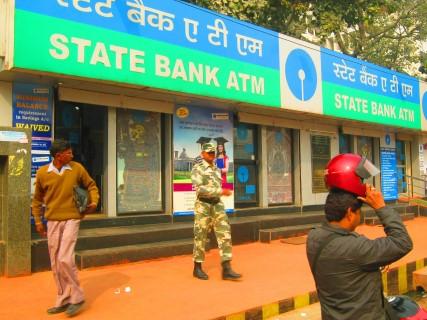
How will India's draft bill on resolution affect banks?
Moody's says it will enhance systemic stability.
According to Moody's Investors Service, the draft bill on the resolution of financial firms in India is a credit positive for Indian banks because it is an important step to having a comprehensive framework in place for the resolution of financial firms. "At the same time, we note that this draft bill will have to go through multiple steps before becoming law, and hence may be subject to changes and delays."
Here's more from Moody's:
Bail-ins do not seem to be the preferred form of resolution, with significant restrictions in place for their usage. These include contractual bail-in clauses for instruments that may be bailed in and requirements that bail-ins should be used only after attempts at recovery have been made.
Hence, we expect to continue to see the Indian system as being without an operational resolution regime (ORR) and Indian banks should continue to be rated under a basic loss given failure (LGF) framework.
Depositors would rank above senior unsecured creditors in a liquidation scenario. In contrast, under existing laws, senior unsecured creditors rank pari passu with uninsured depositors. This change is thus a credit negative for senior unsecured creditors.
At the same time, we note that such depositor preference is enshrined into law in other jurisdictions in the region, including Singapore, Malaysia and Indonesia. In those systems, senior debt ratings are on par with deposit ratings, except where they are impacted by different country ceilings. We would expect a similar outcome for Indian banks.
Public sector banks to be brought under the ambit of the resolution framework. Under existing laws, public sector bank resolution can only happen under the direction of the government.
We do not expect this change to have an impact on our assumption of the level of systemic support for public sector banks because their core public sector character remains unchanged.
Significant delineation of regulatory powers between the Reserve Bank of India (RBI) and the proposed Resolution Corporation (RC). This will be particularly apparent with respect to some key supervisory powers over banks including criteria for classifying banks into the various risk categories.
This would represent a change compared to the current structure, wherein the powers rest almost fully within the RBI. Hence, there may be some execution risk as the system transitions to the new arrangement.























 Advertise
Advertise







